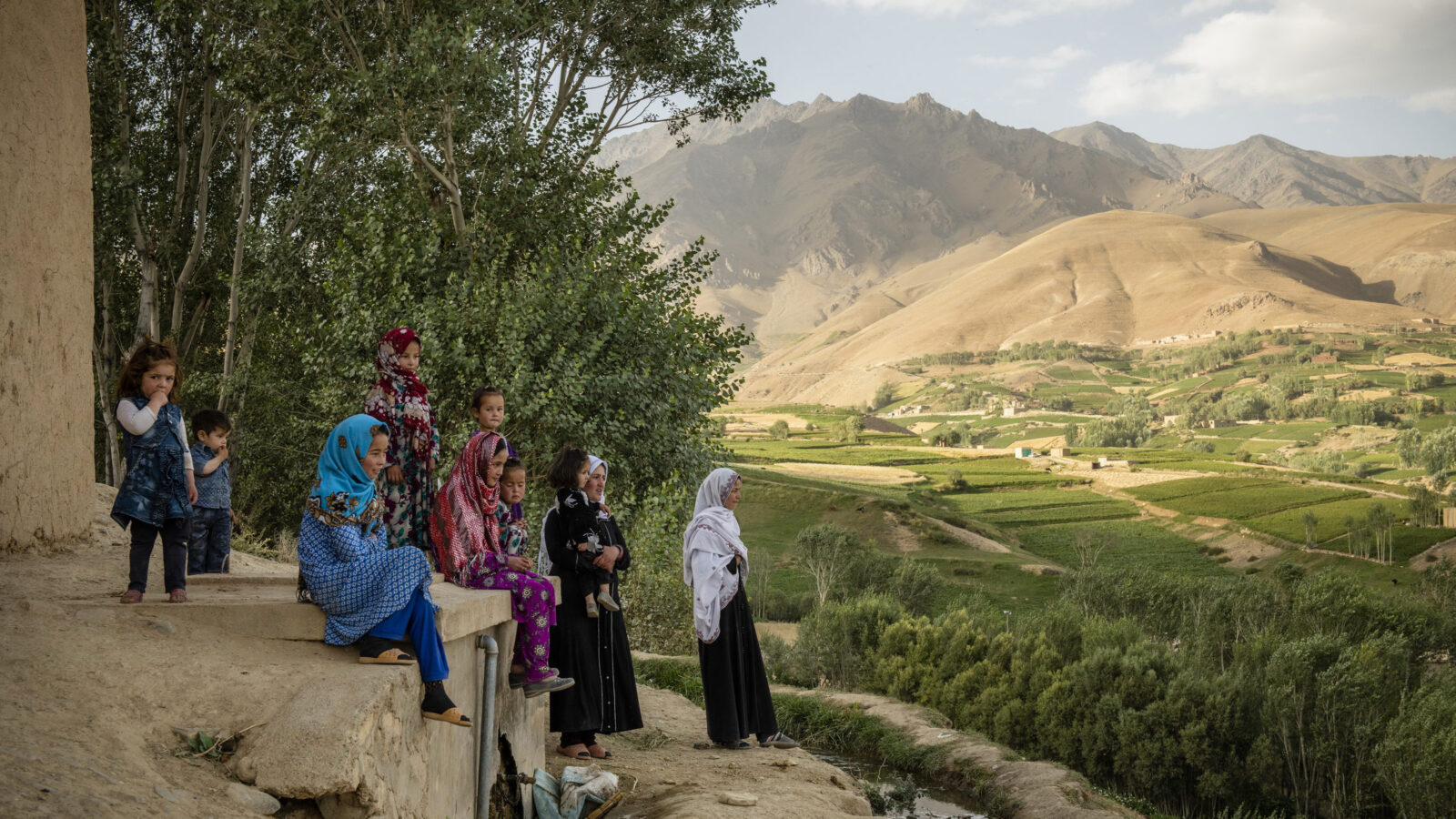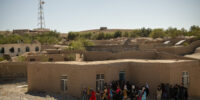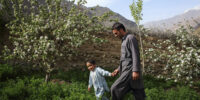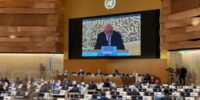
Standing with Afghans at a time of dire need
Afghanistan is at a critical point in its history. Since 1990, the country’s Human Development Index score has increased by almost 70% despite numerous political and security uncertainties. However, this progress faces an existential challenge following the collapse of the government on 15th August 2021.
The resulting social, economic, and political shocks have had serious repercussions for the people of Afghanistan. The effects have been especially pronounced in rural areas where economic activities and livelihoods have been severely disrupted.
Displacement driven by conflict, drought, increasing poverty and food insecurity, as well as the continuing COVID-19 pandemic, are generating a grave humanitarian crisis.
The United Nations estimates that nearly 24.4 million people in Afghanistan will be in need of humanitarian aid in 2022. That’s over 60% of the population. The UN has also estimated that 97% of Afghans will live below the poverty line by June.
Now is not the time for the world to turn its back on the Afghan people.
The Aga Khan Development Network has been working in Afghanistan since the mid-1990s, beginning with humanitarian assistance during the height of the civil war. Since then, AKDN has invested in every step of Afghanistan’s recovery and progress across social, economic, and cultural spheres of life.
Working in Afghanistan is challenging but we have been successful – a testament to our community-focused approach, the trust we have built with Afghans over the last 30 years, and our commitment to innovating and adapting to evolving and difficult circumstances.
Continued support is needed now more than ever as Afghanistan grapples with its humanitarian crisis.
AKDN’s commitment to the Afghan people at this difficult time remains firm.
With the support of international and local partners, we are implementing a wide-ranging humanitarian response covering food security, health, education, climate change adaptation and livelihoods, including the economic empowerment of women. We believe these investments are essential to sustain and build on the gains of the last 30 years.
By continuing to invest in Afghanistan together, we can stand with Afghans, reinforce the progress that has been made, and help build hope for the future.








